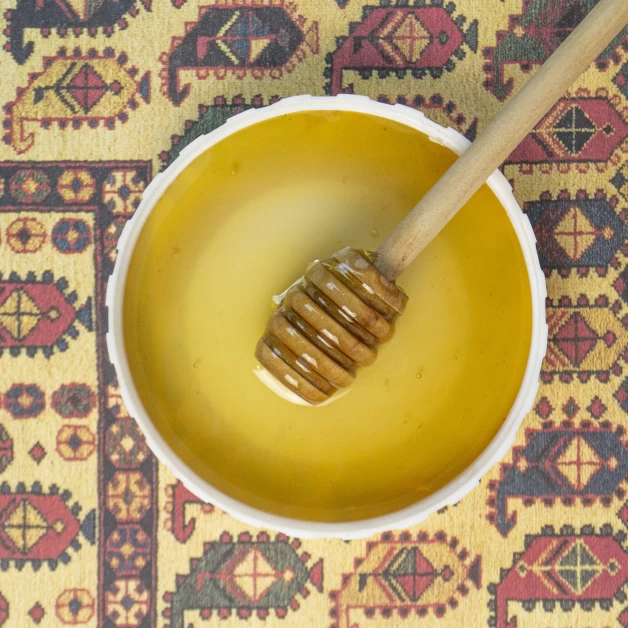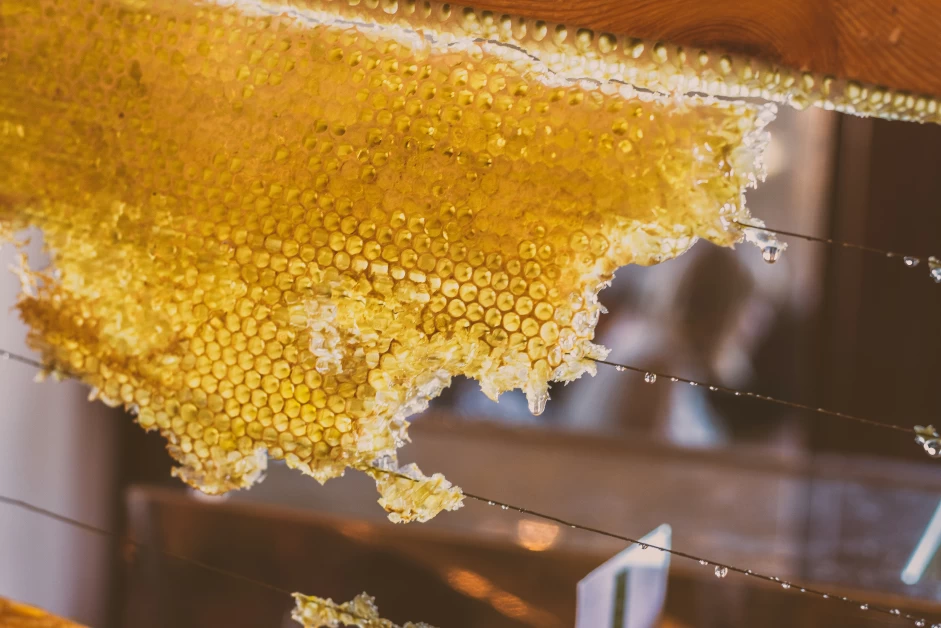Table of Contents
- What are the differences between Australian and New Zealand Manuka honey?
- How does Australian Manuka honey compare to New Zealand Manuka honey in terms of taste and color?
- What are the grading systems or certifications associated with Australian and New Zealand Manuka honey?
- Which factors should I consider when choosing between Australian and New Zealand Manuka honey?
If you are a fan of manuka honey, you might be familiar with the two major types: Australian and New Zealand manuka honey. While both types offer health benefits, they have their own unique characteristics. In this post, we will delve into the differences between Australian and New Zealand manuka honey and how to distinguish them. From the taste to the quality, we will cover all you need to know to make an informed decision on which one to add to your pantry. So, grab a cup of tea and read on to learn about the ultimate guide to understanding the differences between Australian and New Zealand manuka honey and its health benefits.
What are the differences between Australian and New Zealand Manuka honey?
When it comes to Manuka honey, Australia and New Zealand each bring their own sparkle to the table. Australian Manuka honey is a true treasure, crafted from the nectar of the native Manuka plant (Leptospermum scoparium), locally known as tea tree, that thrives in various regions across Australia with over 77 different varieties. New Zealand Manuka honey, on the other hand, comes from the remarkable Manuka plant native to the picturesque landscapes of New Zealand. While the plants are similar, the diverse environments and floral wonders of each country add a touch of magic, resulting in subtle differences in flavor, color, and composition.
How does Australian Manuka honey compare to New Zealand Manuka honey in terms of taste and color?
Prepare your taste buds for a delightful dance! Australian Manuka honey offers a smooth, velvety texture that gracefully melts on your palate, releasing a symphony of rich flavors. Its taste journey is a delightful blend of sweetness and subtle herbal undertones that will make you swoon. As for color, Australian Manuka honey enchants with a captivating range of dark amber hues, reminiscent of a glowing sunset or a jar of liquid gold.
Meanwhile, New Zealand Manuka honey boasts an enchanting flavor experience. It’s a vibrant medley of robust and earthy notes that will make your taste buds sing with joy. Prepare for an adventure as you savor its full-bodied taste and immerse yourself in its depth of character. In terms of color, New Zealand Manuka honey adorns itself in a palette that ranges from creamy golden tones to deep amber shades, capturing the essence of the untouched wilderness.
What are the grading systems or certifications associated with Australian and New Zealand Manuka honey?
Let’s talk about the honeylicious certifications! In Australia, the Australian Manuka Honey Association (AMHA) has waved its wand to create a certification program that ensures the authenticity and quality of Australian Manuka honey. The AMHA’s certification (NPA) uses four markers, including the presence of Manuka pollen, chemical markers, DNA testing, and a thorough assessment of quality and purity. Rest assured, this certification guarantees a magical jar of genuine Australian Manuka honey!
Now, let’s fly over to New Zealand, where Manuka honey is celebrated with the Unique Manuka Factor (UMF) rating system which is reserved for New Zealand honey. The UMF rating system guides you to honey that contains the special compounds—such as MGO and DHA—that make Manuka honey so unique. With UMF ratings ranging from 5+ to 20+ (or higher), you can trust that the UMF certification adds an extra sprinkle of enchantment to New Zealand Manuka honey.
Which factors should I consider when choosing between Australian and New Zealand Manuka honey?
The sweetest choices lie ahead! When it’s time to choose between Australian and New Zealand Manuka honey, consider the factors that will make your taste buds dance with joy. First, follow your heart’s desire when it comes to taste and flavor. Australian Manuka honey is a delicate herbal symphony, while New Zealand Manuka honey bursts with vibrant notes that leave a lasting impression. Second, let your budget guide you, as pricing may vary between the two varieties. Lastly, embrace the magic of certifications! Australian Manuka honey carries the NPA certification, while New Zealand Manuka honey shines with its UMF rating.
We have developed a table below which provides a comparison between manuka ratings as it relates to the strength of its health benefits:
| Manuka Rating | Strength of Health Benefits |
|—|—|
| 5+ | Mild |
| 10+ | Moderate |
| 15+ | Strong |
| 20+ and higher | Very Strong |
So, whether you choose Australian or New Zealand Manuka honey, rest assured that both varieties offer incredible health benefits for respiratory health.
In conclusion, Australian and New Zealand Manuka honey each have their own unique qualities that make them special. From the taste to the color, the differences between the two varieties add to the enchantment of Manuka honey. When choosing between the two, consider your personal preferences, budget, and the certifications associated with each. With either choice, you can enjoy the respiratory health benefits that Manuka honey has to offer. So go ahead, indulge in the sweet and magical world of Manuka honey!









